Euphorbia prostrata, commonly known as prostrate spurge, is a low-growing succulent plant native to tropical and subtropical regions.
Renowned for its resilience and medicinal properties, this plant has been used in traditional medicine for centuries.
Its unique characteristics and potential health benefits make it a valuable addition to any home garden or herbal collection.
#1. Anti-inflammatory Properties
Euphorbia prostrata contains compounds like diterpenoids and flavonoids, which possess potent anti-inflammatory properties. These compounds can help reduce inflammation, alleviate pain, and soothe irritated skin.
Studies have shown that Euphorbia prostrata extracts can significantly reduce inflammation markers in laboratory settings.
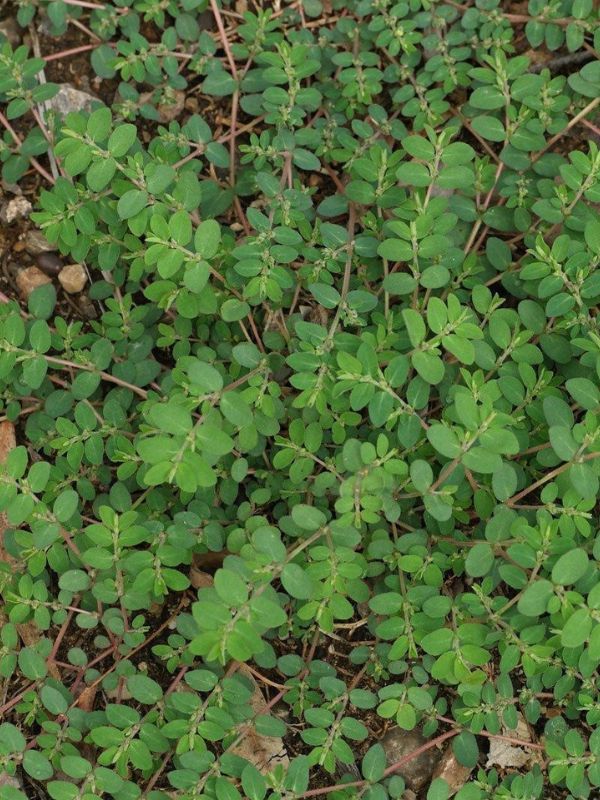
#2. Antimicrobial Activity
The plant’s milky sap contains antimicrobial compounds, such as phorbol esters, which can inhibit the growth of various bacteria and fungi.
This makes it effective in treating minor skin infections, cuts, and wounds.
Research has demonstrated the antimicrobial activity of Euphorbia prostrata extracts against common skin pathogens like Staphylococcus aureus and Escherichia coli.
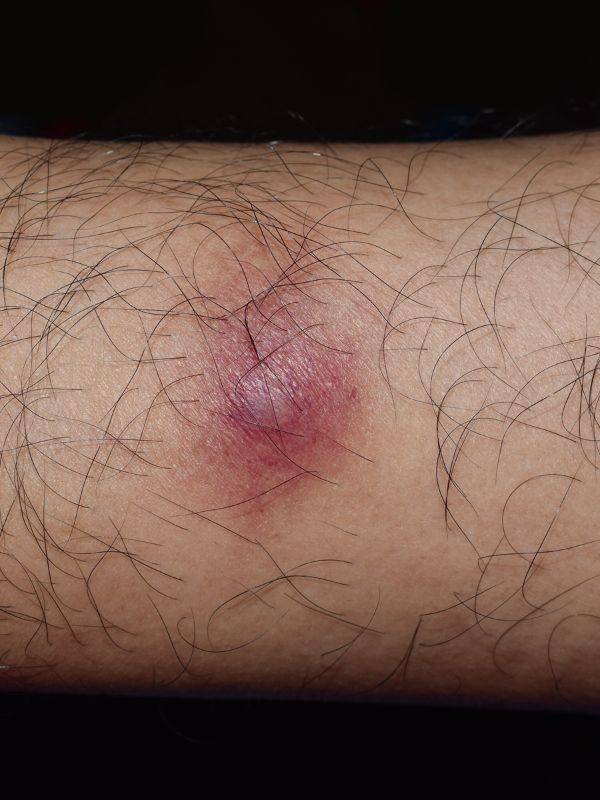
#3. Laxative Effect
Some traditional uses suggest that Euphorbia prostrata can act as a mild laxative, aiding in digestion and relieving constipation.
However, it’s important to use it with caution and under medical supervision, as excessive use can lead to diarrhea and dehydration.
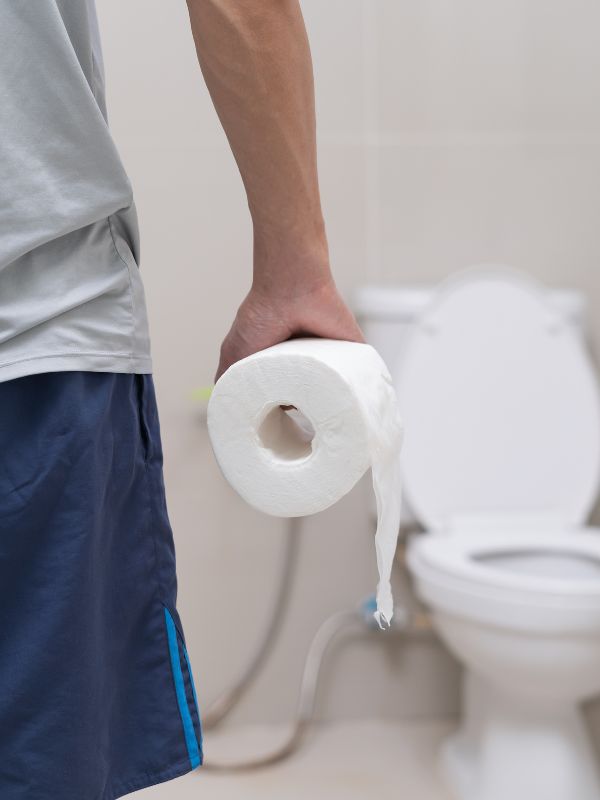
#4. Diuretic Properties
The plant’s diuretic properties can help increase urine production, which may be beneficial for those with fluid retention or urinary tract issues.
However, it’s essential to consult with a healthcare professional before using it for this purpose.
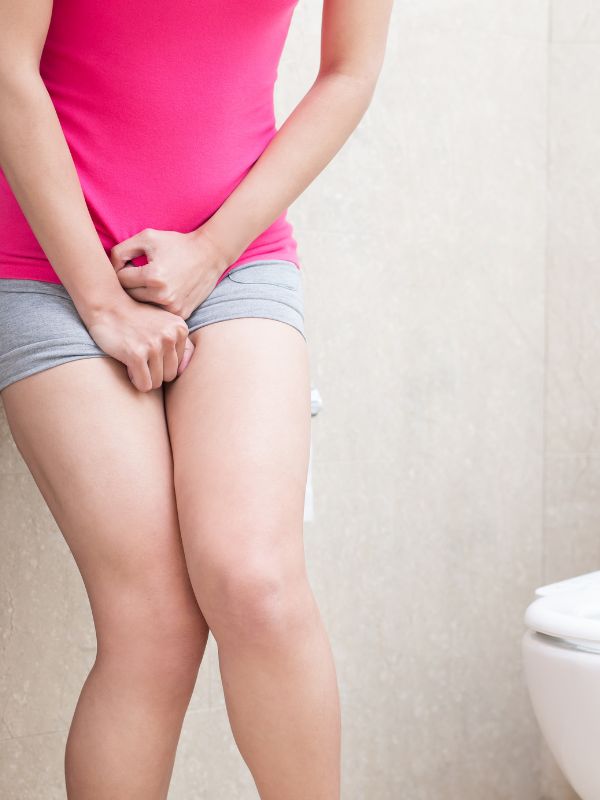
#5. Antioxidant Power
Euphorbia prostrata is rich in antioxidants, such as flavonoids and phenolic compounds.
These antioxidants help neutralize harmful free radicals, reducing oxidative stress and protecting cells from damage.
Studies have shown that Euphorbia prostrata extracts have significant antioxidant activity, which can contribute to overall health and well-being.
How to Use Euphorbia Prostrata
- Topical application: The milky sap can be applied topically to skin irritations, insect bites, or minor wounds. However, it’s important to use it cautiously, as the sap can irritate the skin for some people.
- Herbal tea: The leaves can be dried and brewed into a tea, which may have various health benefits, such as relieving digestive issues.
- Dietary supplement: Euphorbia prostrata extracts are available in supplement form.
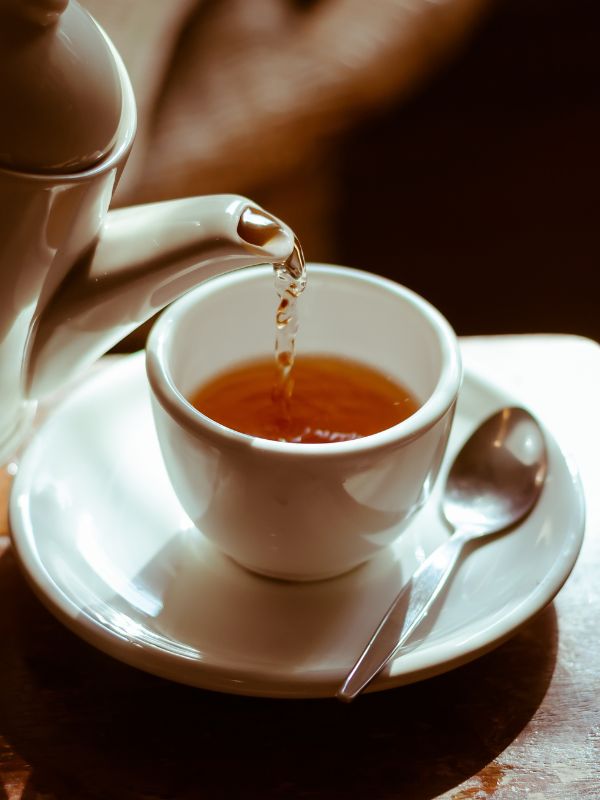
Cautions and Precautions
The milky sap of Euphorbia prostrata can cause skin irritation in some individuals. It’s advisable to test a small area of skin before applying it more widely.
Avoid ingesting Euphorbia prostrata internally, as it can be toxic in large doses.
Pregnant and breastfeeding women should avoid using Euphorbia prostrata due to potential risks.
Disclaimer
This article is intended for informational purposes only and should not be considered medical advice.
Always consult with a healthcare professional before using any herbal remedies or making significant dietary changes.
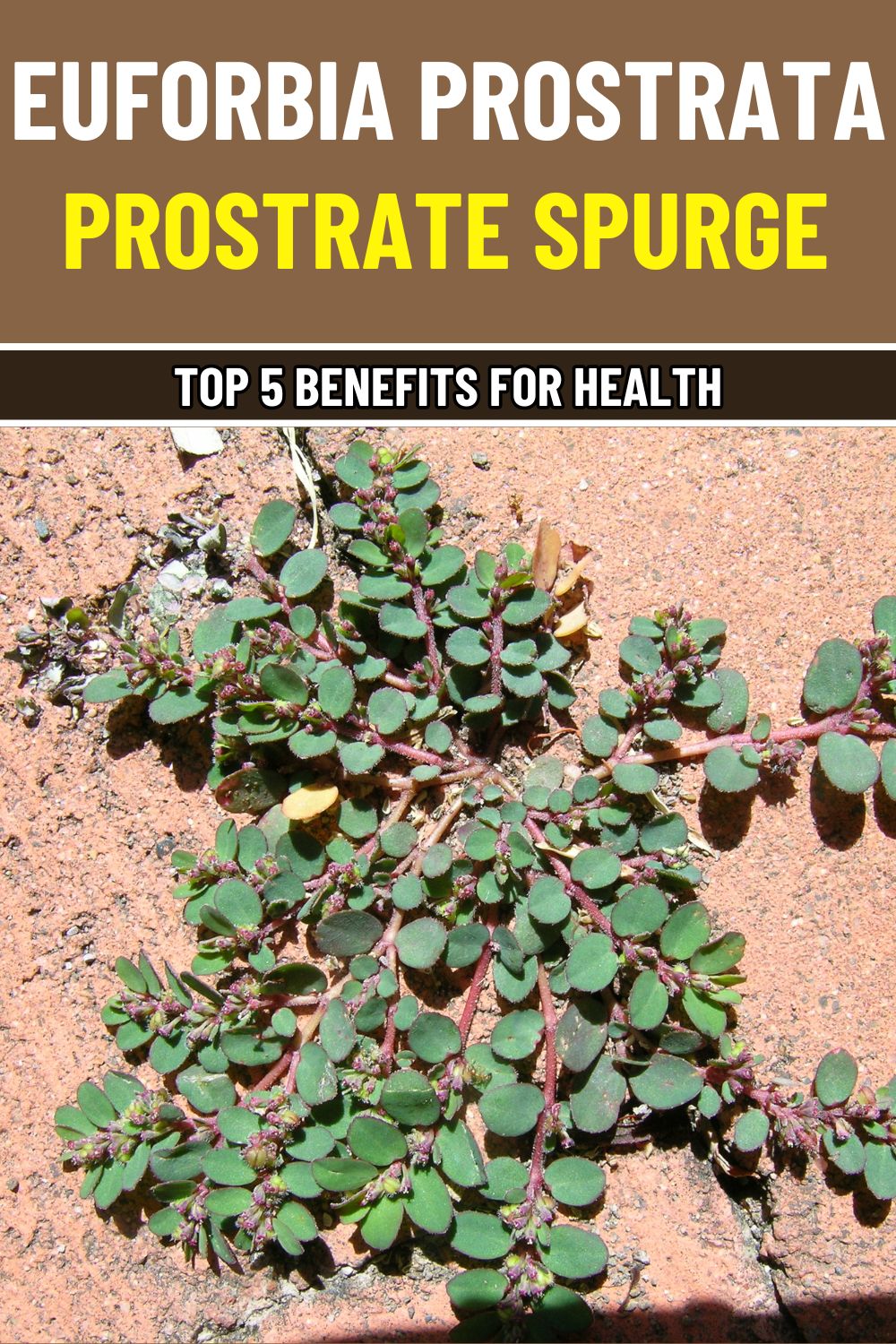
Euphorbia Prostrata: A Versatile Plant with Numerous Benefits
